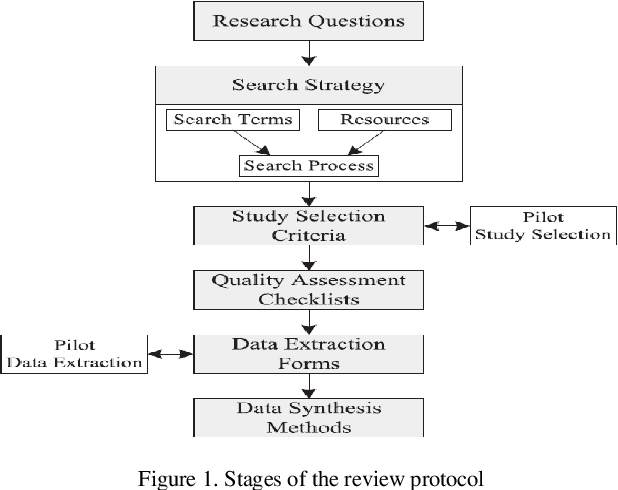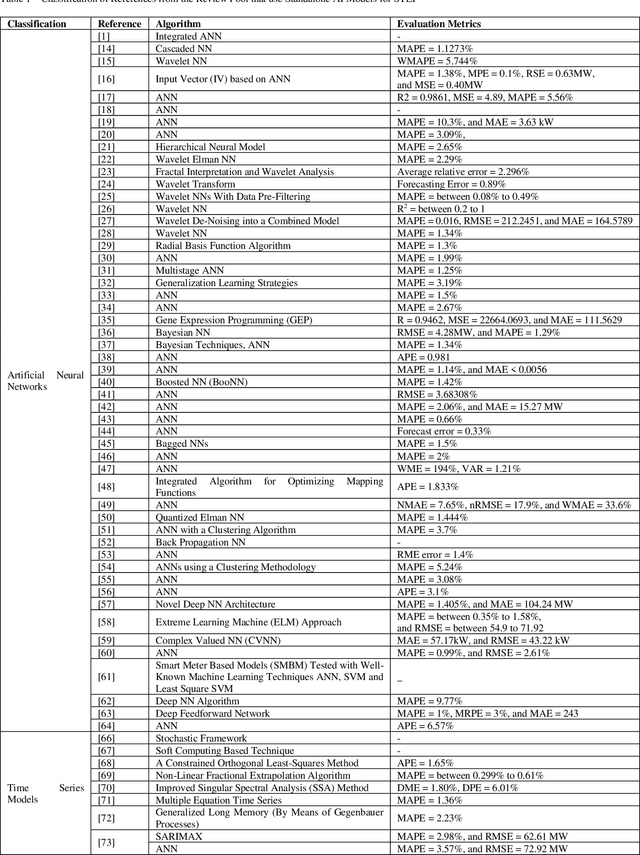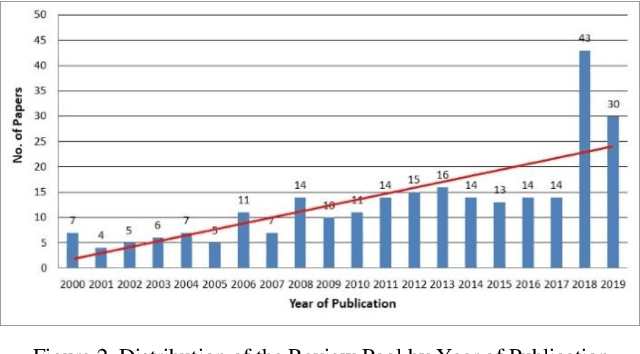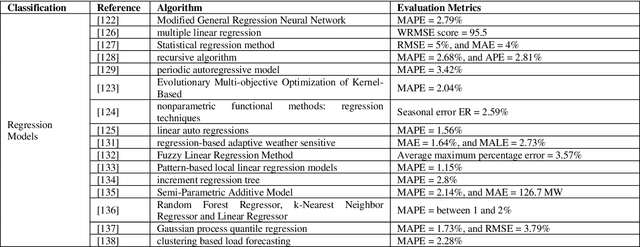Artificial Intelligence and Statistical Techniques in Short-Term Load Forecasting: A Review
Paper and Code
Dec 29, 2021



Electrical utilities depend on short-term demand forecasting to proactively adjust production and distribution in anticipation of major variations. This systematic review analyzes 240 works published in scholarly journals between 2000 and 2019 that focus on applying Artificial Intelligence (AI), statistical, and hybrid models to short-term load forecasting (STLF). This work represents the most comprehensive review of works on this subject to date. A complete analysis of the literature is conducted to identify the most popular and accurate techniques as well as existing gaps. The findings show that although Artificial Neural Networks (ANN) continue to be the most commonly used standalone technique, researchers have been exceedingly opting for hybrid combinations of different techniques to leverage the combined advantages of individual methods. The review demonstrates that it is commonly possible with these hybrid combinations to achieve prediction accuracy exceeding 99%. The most successful duration for short-term forecasting has been identified as prediction for a duration of one day at an hourly interval. The review has identified a deficiency in access to datasets needed for training of the models. A significant gap has been identified in researching regions other than Asia, Europe, North America, and Australia.
 Add to Chrome
Add to Chrome Add to Firefox
Add to Firefox Add to Edge
Add to Edge